Sign up to our mailing list for the best stories delivered to your inbox.
Mount William station, nestled in the foothills of the Grampians National Park south-west of Ararat in Victoria, has opened its doors.
WORDS JAYNE CUDDIHY PHOTOGRAPHY EMMA CROSS
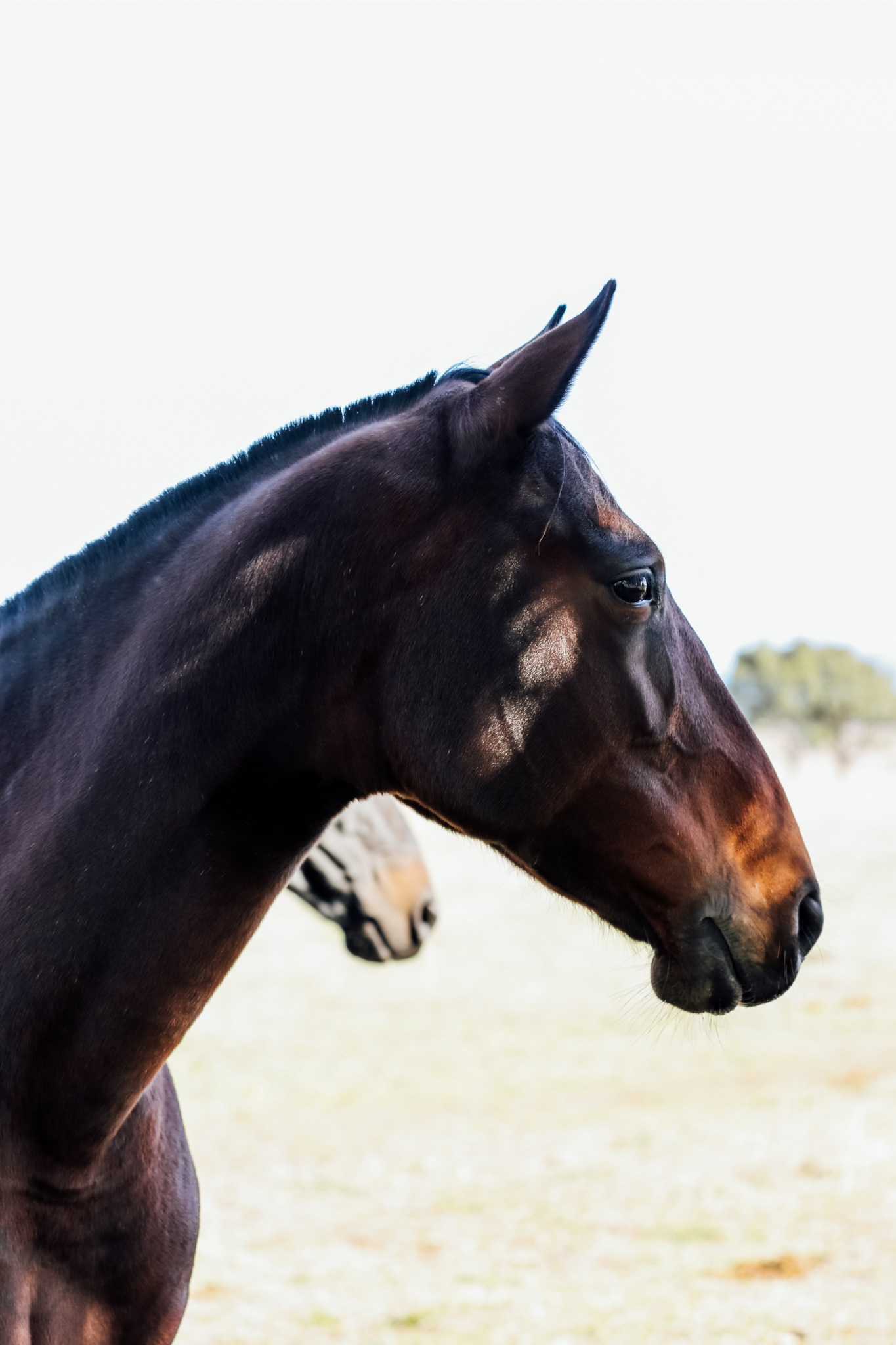
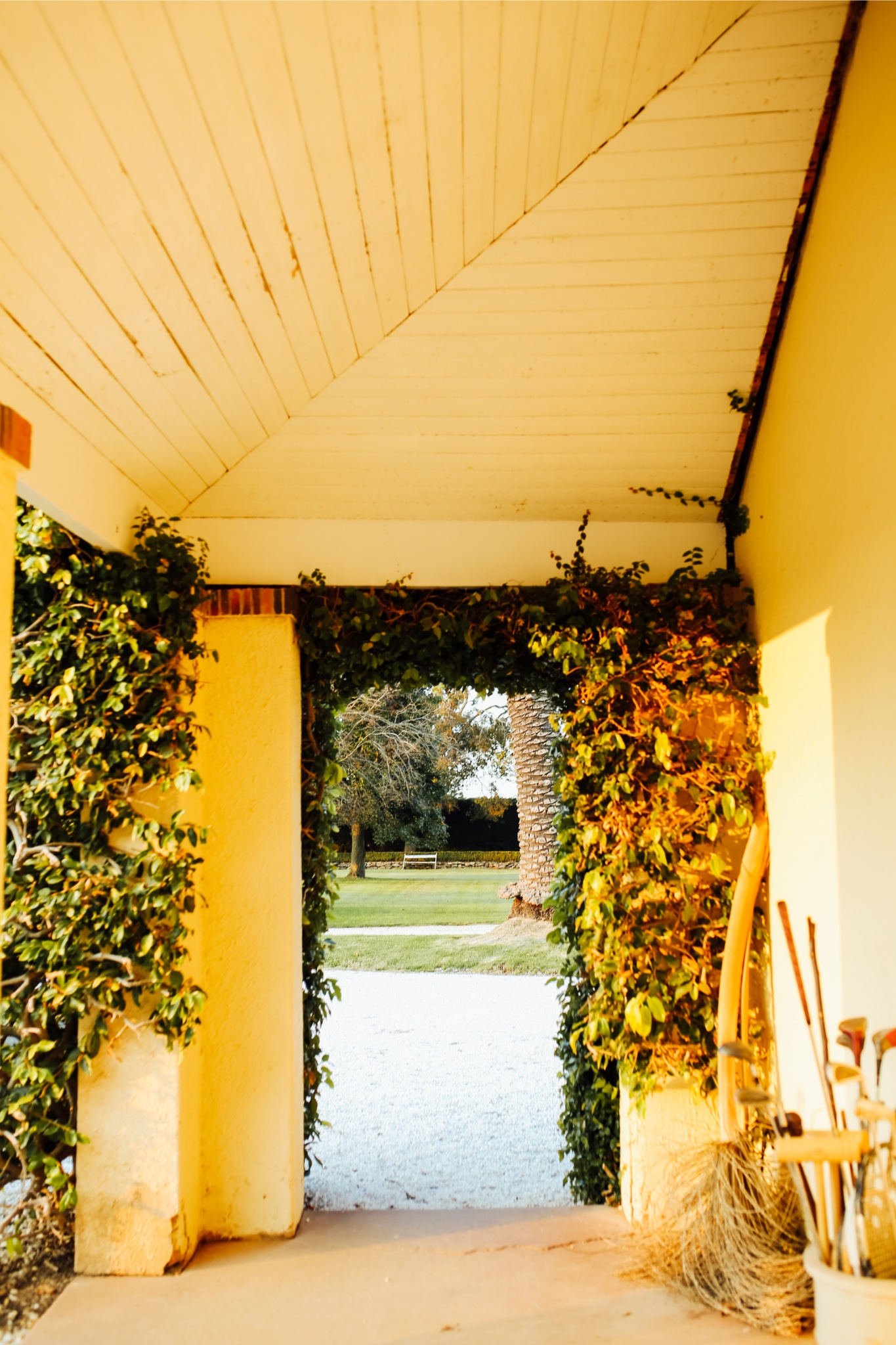
The Abbott family’s Mount William station, nestled in the foothills of the Grampians National Park south-west of Ararat in Victoria, has made the leap and is opening its doors.
The station was founded in 1842, with much of the homestead built in the 1860s and a large renovation in the 1920s. Purchased by Australian businessman and philanthropist Robert Barr Smith in 1919 as a tranquil escape from the bustle of Adelaide’s social scene after the First World War, the property became more than just a picturesque retreat, with 3000 hectares of productive farmland included.
“My great grandfather looked at several properties and then landed on Mount William for its natural beauty and location,” explains Will Abbott, one of the current generation of Barr Smith’s descendants. “He settled his family here and in turn my grandfather brought up his four daughters here as well.”
Will’s mother, Anne Cochran, transitioned to farming from a nursing career in Melbourne, and was a driving force in the station’s success as one of Australia’s premier Charolais studs. Now with the fourth generation at the helm, Will’s siblings Robert and Sybil and their families run cattle and sheep operations, respectively. Another brother, James, is involved from afar. But the aging homestead was in desperate need of another renovation, so Will returned from a career in investment banking and property management in Shanghai, fuelled by a desire to preserve his family heritage and share it with the public.
The commitment to converting his much-loved childhood home into luxury accommodation began with the renovation of the eight-bedroom shearers’ quarters and culminated with the opening of the main house last year. The sumptuous feel of the homestead’s interiors is the brainchild of Will and a cousin-in-law, interior designer Victoria Baillieu, whose brief was to capture an “old world kind of colonial vibe but maintain the feel of a family home”. The result is Gatsby-esque glamour, with Australian rustic charm and a dash of a sophisticated insight into high-end farming and equestrian events.
“The homestead needed some love and work,” Will recalls. “So if we can have it as an accommodation business, and also maintain the family home, that would be a great way to keep it in the family.”
It was no small project, with seven bedrooms and 11 bathrooms to renovate over 18 months, including upgrading power and water infrastructure and adding a new commercial kitchen. The home can now accommodate up to 30 guests, with heated bathroom floors, spacious bedrooms and a chef available for every whim. Guests can even go fly-fishing, with the hopes of luring rainbow trout in nearby Lake Anne. Catch one and that’s dinner sorted.
But the evolution of the multigenerational family home has not been without issue. “I think it does take a little bit of adjustment,” Will explains, “in shifting from a purely family home to a public shared space. There are moments when I think about moving back into my old room, but then need to remember it’s part of a business now.”
The renovation means the family are able to catch up for meals, without anyone having to panic-clean, and they can now enjoy the pure integrity of the home. Will credits his family with being supportive of his ideas. “Even my aunties who came back for our 100-year celebration were really complimentary of what’s been done and could still recognise the rooms that they grew up in.”
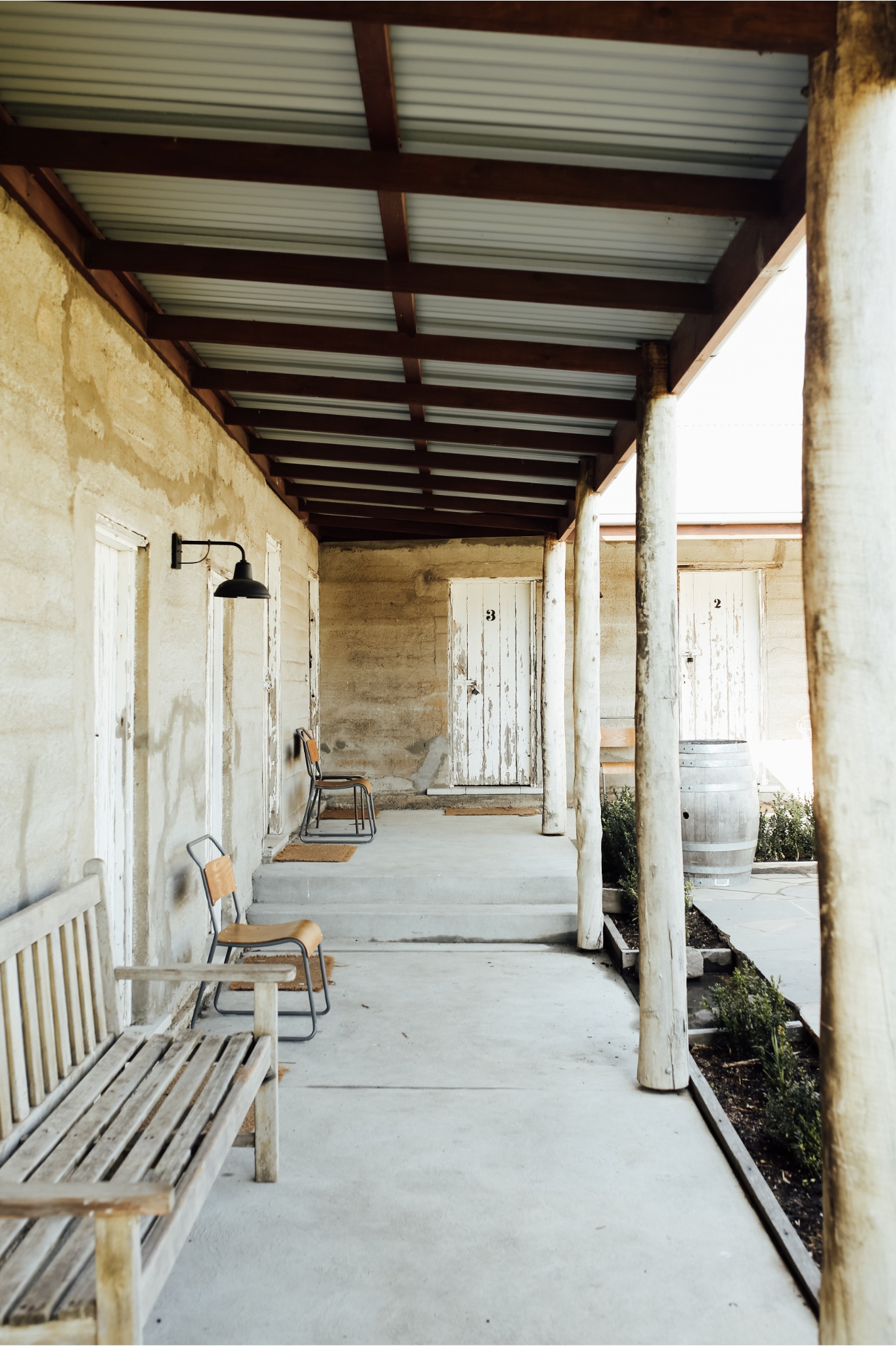
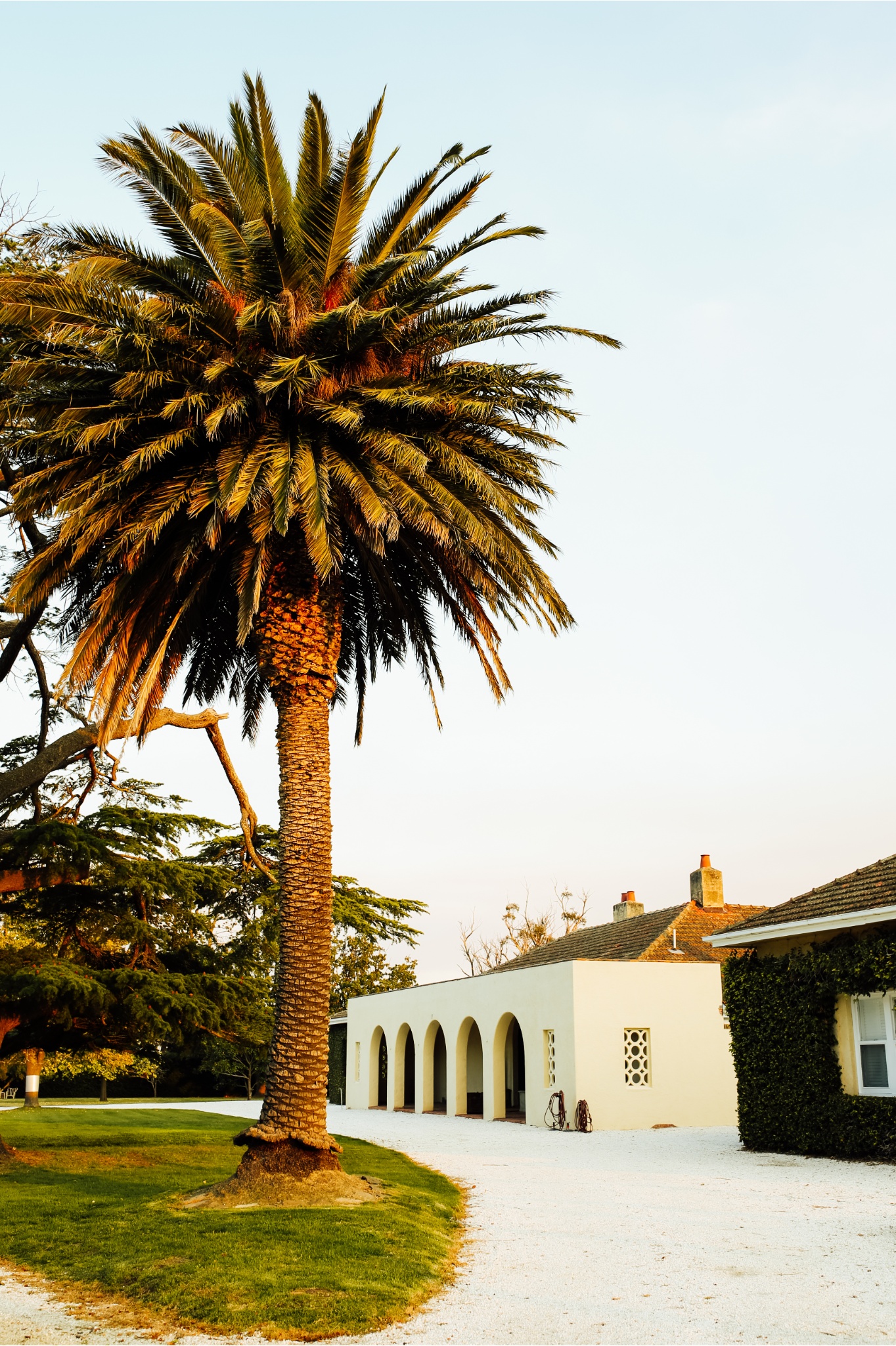
Despite any number of inviting rooms in the house, Will admits he’s had to “swag it” in the office on occasions when the property has been fully booked. He looks at those moments as opening the door for potential development. “It’s more about getting it working and making sure the customer has a great experience and then building off the back of that. We can add cabins and additional accommodation in the future,” he says. “I want to get the business side of it right first and then more options will come.”
A vital part of continuing the family home experience is the insistence that all visitors join in the RBS (Robert Barr Smith) coat tradition, in which dressing for drinks and dinner on Friday evenings requires a tweed jacket, at minimum. “It sets the tone and elevates everyone’s behaviour. It’s a beautiful space and you want people to maintain and respect that,” Will says. “I love that even though it started as a private family thing, there have always been guests and visitors travelling through who would join in. I think it’s about respecting and connecting with some of those older traditions and allowing people to feel a bit more what it was like back then.”
For more information, go to mountwilliamstation.com
Subscribe to Graziher and never miss an issue of your favourite magazine! Already a subscriber? You can gift a subscription to someone special in your life.
To hear more extraordinary stories about women living in rural and regional Australia, listen to our podcast Life on the Land on Apple Podcasts, Spotify and all major podcast platforms.
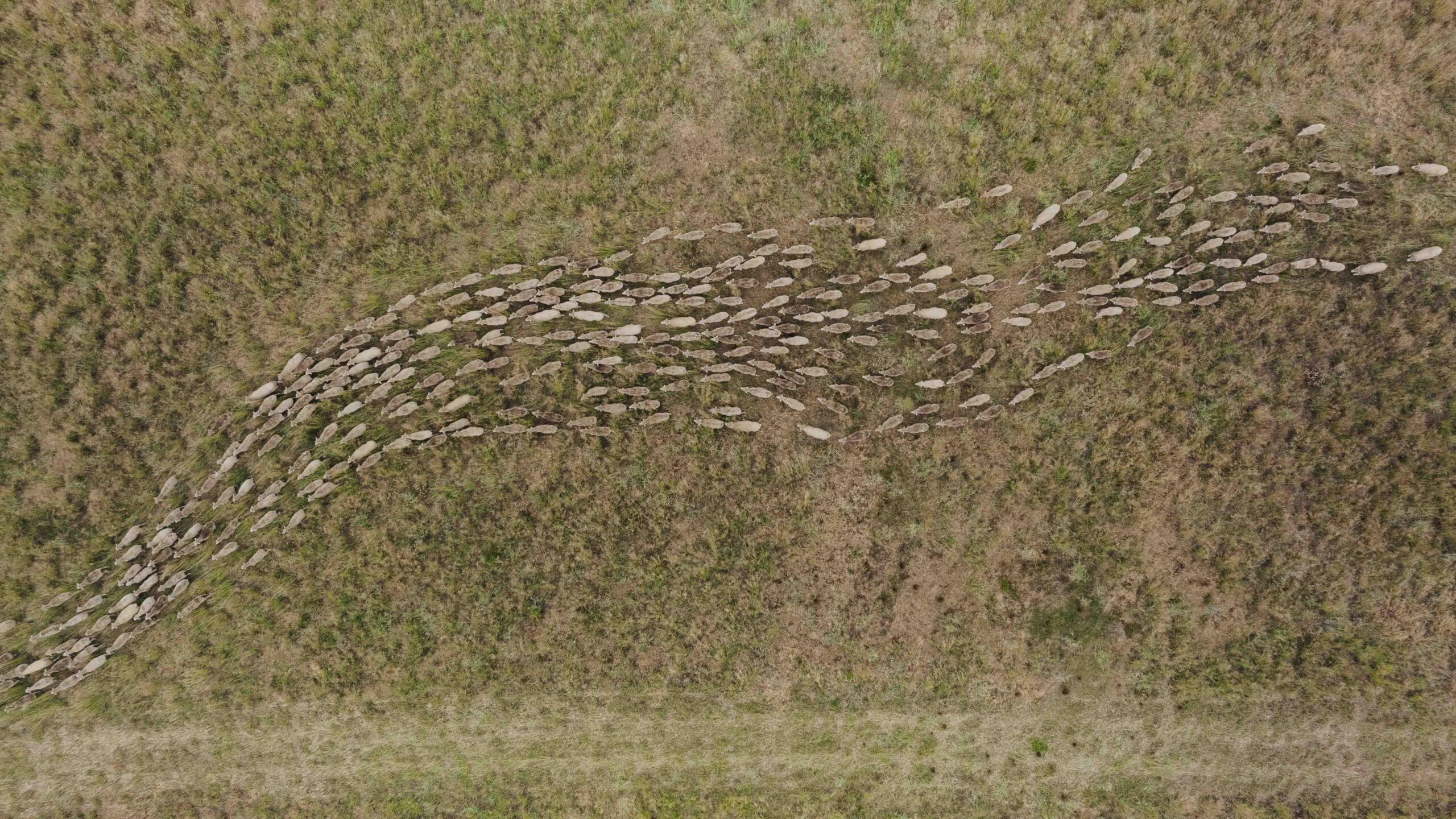
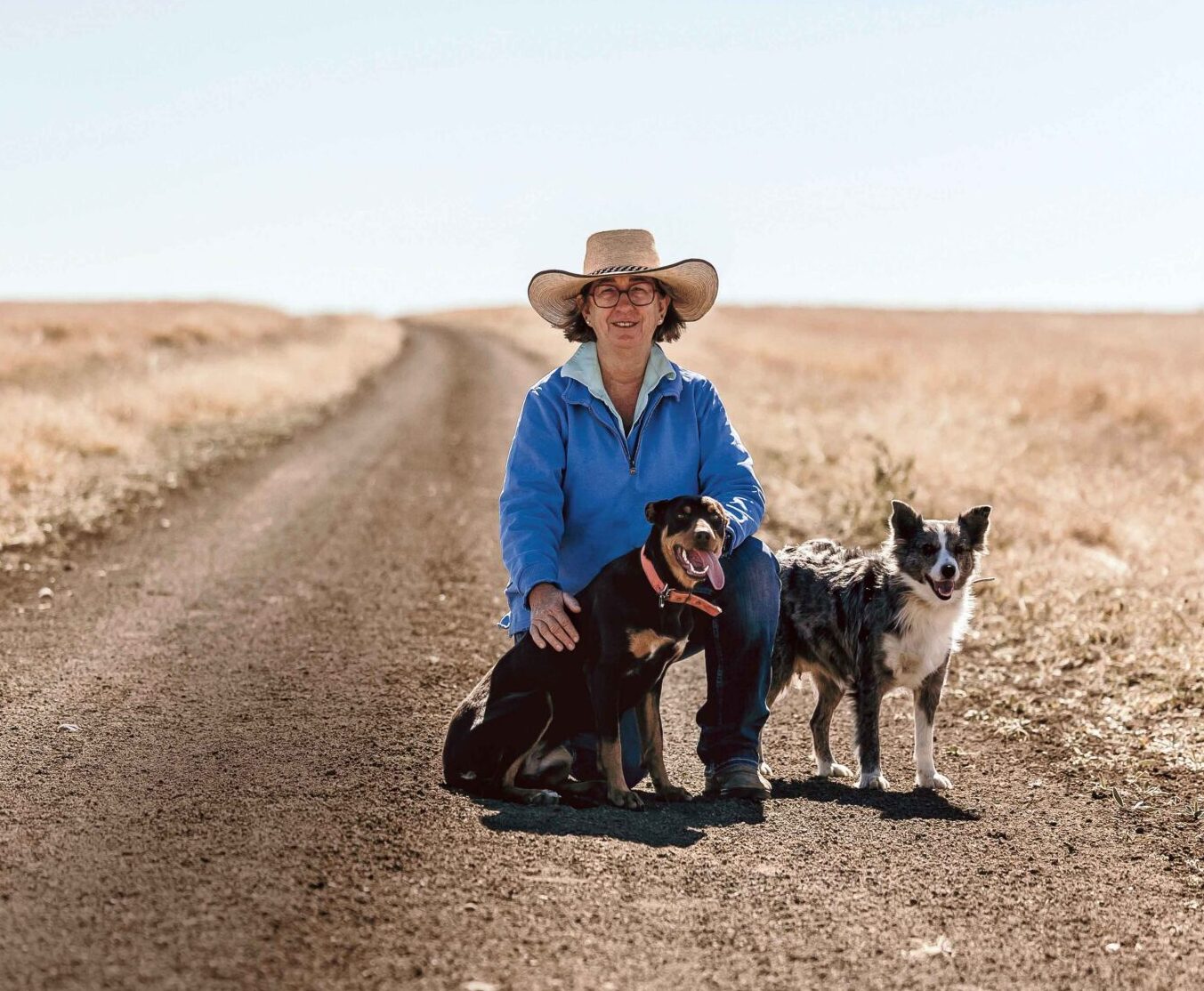
In her youth, she struggled to find her place. Now, Louise Martin knows exactly where she needs to be: in Tambo, Queensland, making sure rural children get the education they deserve.
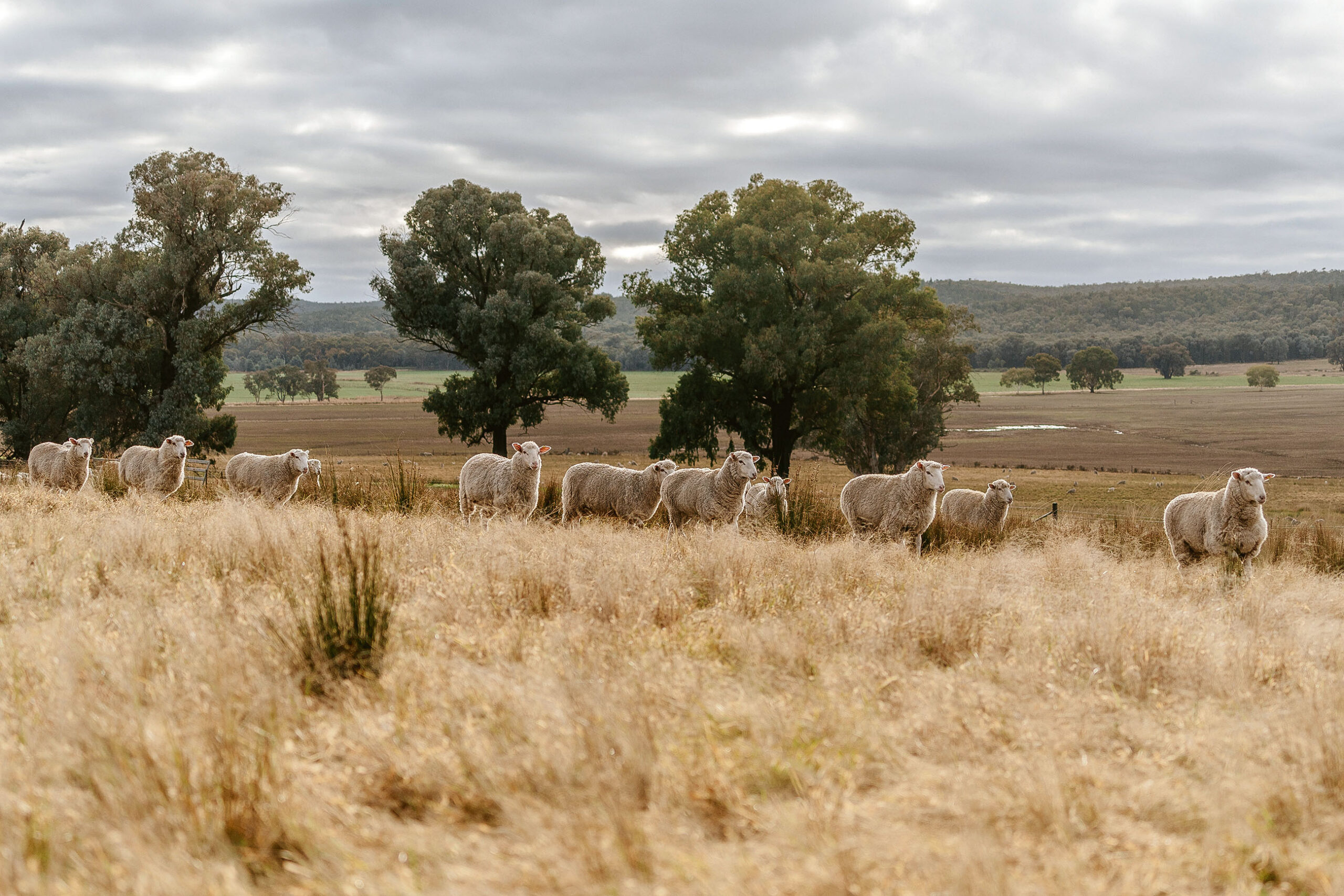
Writer and photographer Alexandra MacAlpine finds ways to hold onto moments of peace amid the busyness of station life.